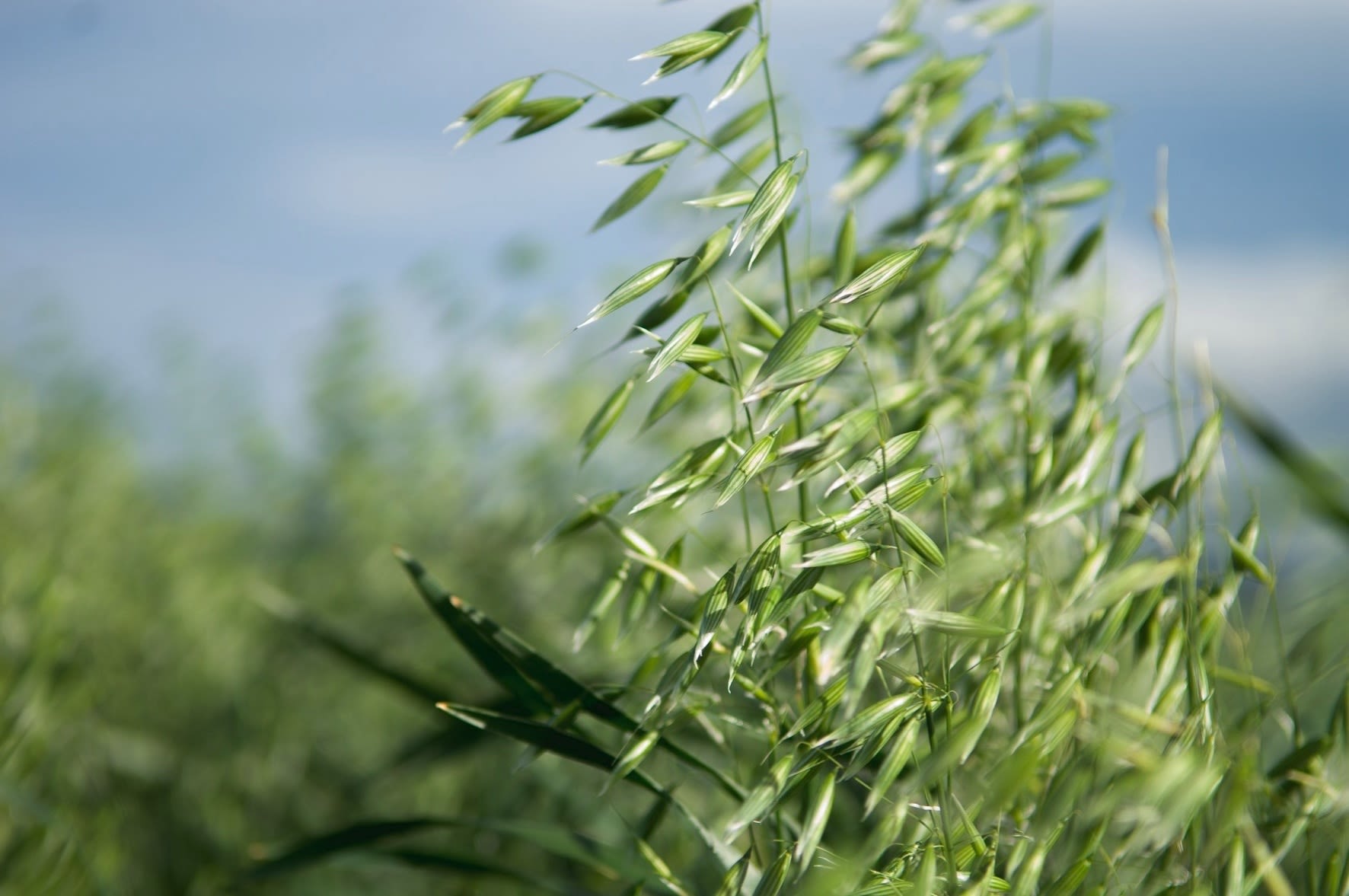Our plant collections
Our plant collections
Our plant collections
Plants come in lots of different shapes, sizes and colours. We have collections for a wide range of plant crops that we use to breed new varieties and to help our research into insect pests, plant diseases and growing systems.
Our collections are, in effect, a library of plants that we can use for research. Each plant in our collections is different – not only in its genetic makeup, but also in its legal status. Contained in our collections are plants that we’re able to share with others within Aotearoa New Zealand, plants owned by other organisations that we’re allowed to use for our own research purposes, and plants that have restrictions in the way they are used and/or shared.
Maintaining collections as seed or as plants in the field is not always ideal – for example, it takes time, land and investment to maintain these collections as whole plants. We are always looking for other, better ways to protect our plants long term, such as holding samples in tissue culture and cryopreservation.
Our Nationally Significant Collections
Our collections include two Nationally Significant Collections for Aotearoa New Zealand - the Arable and Vegetable Crop Germplasm collection and the Fruit Crop Germplasm collection. Many of the plants in these collections were sourced from overseas in the mid-20th century. Some of the plants within these collections are unique within New Zealand.
The Nationally Significant Collections we manage include accessions of:
Fruit crops such as kiwifruit, pipfruit, hops, berryfruit, summerfruit, citrus.
Arable and vegetable crops such as cereals (grain and forage crops), peas, and potatoes
The composition of each collection varies and can include old cultivars, landraces, plants collected from the wild and related species. The Nationally Significant Collections do not include plant varieties while these are protected by Plant Variety Rights (PVR) as these varieties are licensed through specific suppliers.
We are the custodians of these collections, and their maintenance is partially funded by the New Zealand Government.
Plant & Food Research has a responsibility to manage and prioritise external requests for plants within the Nationally Significant Collections. Our ability to supply the material requested is governed by the availability of the material requested and staff resources.
We are currently verifying our freedom to operate (FTO) on all accessions associated with the Nationally Significant Collections using current legal and ethical frameworks to identify those that we can make available to others. To date, we have reviewed kiwifruit, hops and oats collections and can provide lists of the accessions within those collections that we can currently make available to third parties. We are unable to provide lists of named accessions of other crops until we have reviewed the FTO for the accessions of each crop.
If you would like additional information on the two Nationally Significant Collections or on other germplasm held by Plant & Food Research, please submit a request through the Plant Materials Request Form. If you are requesting information for crops that have not yet been fully catalogued, we will use the information to help set priorities for future cataloguing.
Requesting plant material
As a guide, this is the process we endeavour to undertake when we receive a request through the Plant Materials Request Form.
Plant & Food Research reviews the request and responds to the Requestor, whenever possible within 20 working days
Plant & Food Research advises the Requestor what information or plant material is available, when, and what it will cost, and provides a Plant Supply Agreement with the terms and conditions relevant to the material which can be supplied.
Requestor signs the Plant Supply Agreement and returns it to Plant & Food Research. Plant Supply Agreements should be signed by persons authorised to do so on behalf of the Requestor’s organisation.
Plant & Food Research invoices the Requestor to recover the costs of supplying the material.
The Requestor pays the invoice as confirmation of their request.
On receipt of payment, Plant & Food Research prepares and dispatches the request.
Requestor provides written acknowledgement to Plant & Food Research that the accessions provided have been received.
